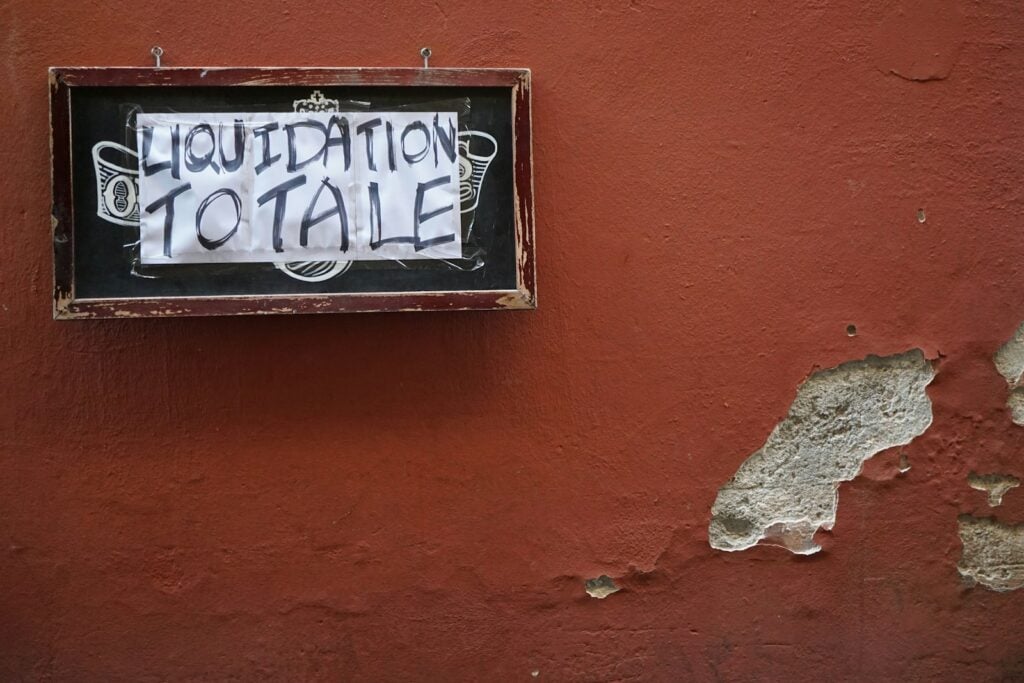"`html
A lost document of service. A flawed auction. A seizure carried out on the wrong goods. To better understand the scope of his liability, it is useful to examine his professional status resulting from the merger. Even the Justice Commissioner, sworn ministerial officeris not infallible. When an error occurs, the consequences can be severe for the parties involved. Your legal case delayed, your debt lost, your goods sold at a loss... The law provides for specific liability mechanisms. Let's take a look at your possible remedies.
1. Foundations of the civil liability of the commissaire de justice
Contractual liability towards the principal
The commissioner you appoint to collect a debt or serve a document is liable for any faults committed in the performance of his or her duties. This liability arises from the agency contract between you, in accordance with articles 1991 et seq. of the Civil Code.
In a recent ruling, the Cour de cassation recalled that "The liability of the commissaire de justice is not subsidiary. He is therefore liable if the damage suffered as a result of his fault is certain and even if the victim has an action against a third party to ensure compensation for this damage". (Civ. 1st, 24 January 2024, no. 22-14.748).
This responsibility is manifested in particular by :
- Failure to advise on the usefulness of the procedures requested
- Exceeding the limits of the mandate
- An abnormal delay in operations
- Lack of information on essential elements
In practice, the commissaire de justice must prove that he has fulfilled his duty to advise. In a decision of 15 December 1998 (no. 96-15.321), the Court of Cassation clearly established this principle.
Liability in tort towards third parties and the debtor
As there is no mandate binding the debtor or third parties to the commissaire de justice, their action is based on tort liability under articles 1240 and 1241 of the French Civil Code.
Case law offers several examples:
- A court commissioner carrying out an eviction cannot decide on his own to remove the furniture immediately to the public dump (CA Bordeaux, 8 February 2000)
- An auctioneer selling a vehicle at auction without providing the necessary administrative accessories incurs liability (Civ. 1re, 13 January 1987, no. 84-15.493)
- Failure to take precautions during a public sale renders the auctioneer liable in the event of an accident (Civ. 2e, 16 October 1991, no. 90-17.492)
Specific features of auctions
Article L. 321-17 of the French Commercial Code applies to auctions and judicial sales conducted by judicial commissioners, as specified in Article 21 of Order no. 2016-728 of 2 June 2016.
This text provides for a limitation period of 5 years for civil liability claims relating to auction sales. Clauses limiting liability are expressly prohibited.
2. Conditions of liability
Professional misconduct: case law criteria
To engage the liability of the commissaire de justice, a fault must be proven.
Several types of misconduct are punished by the courts:
- Unlawful or disproportionate actions. According to article L. 122-1 of the Code of Civil Enforcement Procedures, the commissioner must decline to act if the measure required appears to him to be unlawful or if the costs are likely to exceed the amount of the claim.
- Unnecessary acts. The Lyon Court of Appeal penalised a bailiff who had carried out a public sale of low-value furniture, resulting in a loss-making sale (Lyon Court of Appeal, 10 December 1996).
- Excessive delays. A four-month delay in serving a decision constitutes a breach of the duty of care (CA Paris, 8 December 1995).
- Prolonged inaction. A court commissioner who refrains from initiating a distraint on rent received by a debtor for six years commits a fault (Civ. 1re, 20 March 2013, no. 12-15.749).
However, the statutory auditor is only bound by a best endeavours obligation when it comes to debt recovery. The Cour de cassation (French Supreme Court) states that this obligation is met if the statutory auditor has implemented "all due care and diligence to ensure, in the conditions prescribed by law, the execution of its mandate". (Civ. 1st, 7 February 1995, no. 93-10.523).
Damage and causal link
The commissaire de justice is only liable if his fault has caused actual damage. The claimant must establish this causal link.
In a decision dated 26 October 2004 (no. 01-16.523), the First Civil Chamber of the Cour de cassation dismissed a liability action, as the creditor had failed to demonstrate the link between the bailiff's fault and the alleged loss.
On the other hand, the cancellation of precautionary attachments through the fault of the court commissioner constitutes a loss for the creditor that is "born, present, direct and certain", giving rise to a right to compensation (Civ. 1re, 30 May 2012, no. 11-19.202).
Order to pay execution costs
In addition to damages, the court-appointed agent may be ordered to pay the costs of enforcement in three situations:
- When he exceeds the limits of his mandate (article 697 of the Code of Civil Procedure)
- When it incurs unnecessary costs (article 698 of the Code of Civil Procedure)
- Where the acts are null and void through his fault (article 698 of the Code of Civil Procedure)
The Conseil d'État validated these provisions, specifying that they did not infringe the right to appeal or the prerogatives of the defence (CE, 25 May 2005, no. 265719).
3. Implementation of appeals
Competent courts
Jurisdiction varies according to the nature of the liability claim:
- The enforcement judge has jurisdiction over actions based on the enforcement or harmful non-enforcement of enforcement measures (article L. 213-6, paragraph 4 of the Code of Judicial Organisation), even if the measure is no longer in progress (Civ. 2e, 27 February 2014, no. 13-11.788).
- The ordinary court (tribunal judiciaire) hears actions for contractual liability brought by the creditor against the commissaire de justice he has appointed (Civ. 2e, 21 February 2019, no. 18-10.205).
A special feature: under article 47 of the Code of Civil Procedure, the commissaire de justice may request that the case be relocated when a liability action is brought before the court in whose jurisdiction he practises.
Limitation periods
Liability claims against commissaires de justice are subject to the following limitation periods:
- 5 years for actions relating to auctions, in accordance with article L. 321-17 of the French Commercial Code.
- 5 years for contractual liability claims, in accordance with the ordinary law period set out in article 2224 of the French Civil Code.
- 5 years for actions in tort, under the same article 2224.
These periods run from the day on which the right holder knew or should have known of the facts enabling him to bring his action.
Financial guarantee and professional insurance
Article 21 of Order no. 2016-728 of 2 June 2016 provides that the Chambre nationale des commissaires de justice guarantees professional liability for acts performed by these professionals, including for ancillary activities.
This collective guarantee is in addition to the personal insurance that each commissaire de justice must take out.
In the event of damage, this dual protection ensures that victims are effectively compensated, even if the professional is insolvent.
Do you believe you have suffered a loss as a result of a judicial commissioner? Our firm can examine your case and assess your chances of success. Building a solid case quickly considerably increases the chances of obtaining compensation.
Sources
- Order no. 2016-728 of 2 June 2016 on the status of commissaire de justice, articles 10 and 21
- Code of civil enforcement procedures, articles L. 122-1, L. 122-2, L. 213-6
- Civil Code, articles 1240, 1241, 1991 et seq., 2224
- Code of Civil Procedure, articles 47, 649, 697, 698
- French Commercial Code, article L. 321-17
- Civ. 1st, 24 January 2024, no. 22-14.748
- Civ. 1st, 15 December 1998, no. 96-15.321
- Civ. 1st, 20 March 2013, no. 12-15.749
- Civ. 2e, 27 February 2014, no. 13-11.788
- Civ. 2e, 21 February 2019, no. 18-10.205
- CE, 25 May 2005, no. 265719
" `




